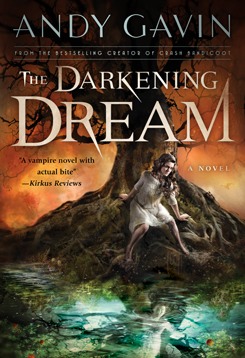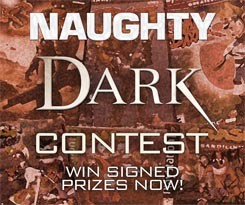 Title: The Merchant and the Alchemist’s Gate
Title: The Merchant and the Alchemist’s Gate
Author: Ted Chiang
Genre: Historical Time Travel
Read: Jan 10, 2011
Summary: Awesome and lyrical.
This 60 page short story is so up my alley. A story of time travel, set in medieval Baghdad, what could be better? If it were written in a lyrical style reminiscent of the Arabian nights! This is a gold and gem encrusted little dagger of a story. Mimicking prose style AND story telling conventions of its chosen era. It manages to demonstrate its time travel device and constraints in a manner so clear even an Abbasid merchant could understand.
It won both the Hugo and Nebula Novellette awards. Good show. Read it. Ali ibn Hammud al-Nasir (the villan from my own novel) commands that you do so. And he’s been known to make tea from the ground bones of those who refuse him.
It’s for sale standalone (very expensive), and in this anthology (cheap).



 Title:
Title: 




















